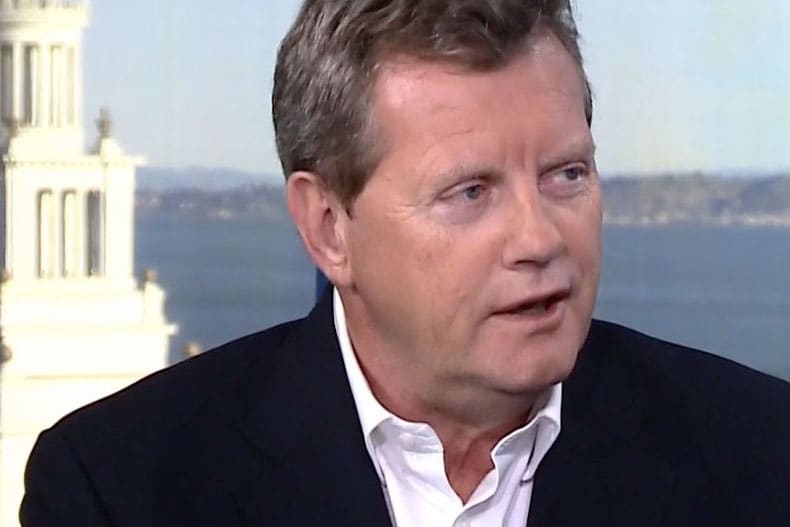Snowflake hits estimates, eliminates dual-class share structure

Frank Slootman, CEO, Snowflake
Source: CNBC
Snowflake stock fell as much as 7% and later erased the decline and rose 5% in extended trading on Wednesday after the data analytics software company gave full-year guidance that met but did not exceed analysts’ estimates. The stock had already dropped about 9% during regular trading Wednesday, amid a broad sell-off in tech stocks.
Here’s how the company did:
- Earnings: Loss of 70 cents per share
- Revenue: $190.5 million, vs. $178.5 million as expected by analysts, according to Refinitiv.
The company’s revenue increased by 117% on an annualized basis in the fiscal fourth quarter, which ended Jan. 31, according to a statement. In the prior quarter had grown 119%. The company’s net loss widened to about $199 million from $83 million in the year-ago quarter.
“We have implemented operations that will help us show more profitability,” finance chief Mike Scarpelli said during a conference call with analysts. “We’re continuing to invest heavily in the business.”
In the quarter Snowflake announced new features for developers and support for unstructured data such as audio and video files.
Increasingly Snowflake is interacting with CEOs of companies, Snowflake CEO Frank Slootman said.
With respect to guidance, Snowflake said it expects $195 million to $200 million in product revenue in the fiscal first quarter, which would be up 92% to 96% year over year. Analysts polled by FactSet were looking for $196.3 million in product revenue. Almost 94% of Snowflake’s revenue came from product revenue in the fiscal fourth quarter.
For the full 2022 fiscal year, the company sees $1.00 billion to $1.02 billion in product revenue, representing 81% to 84% growth, a decline from 116% product revenue growth in the fiscal fourth quarter. Analysts polled by FactSet had expected $1.01 billion in product revenue.
Excluding the after-hours move, Snowflake stock has fallen 11% since the start of 2021, while the S&P 500 index is up 2% over the same period.
The company said in a regulatory filing that as of Monday it had gotten rid of its dual-class structure, in which Class A shares got one vote per share and Class B shares got 10 votes per share. The structure had been in place since September, when Snowflake stock debuted on the New York Stock Exchange.